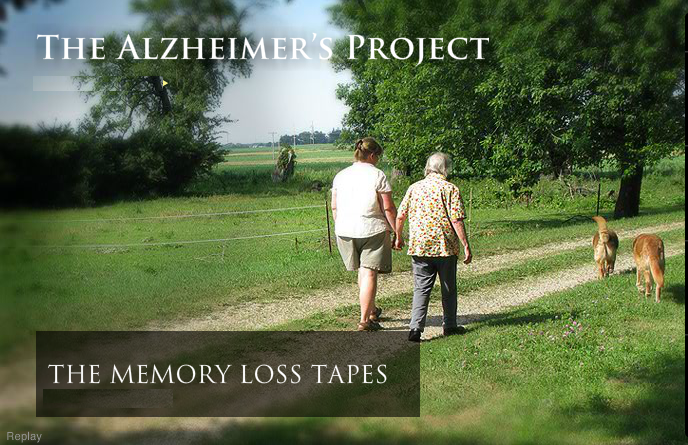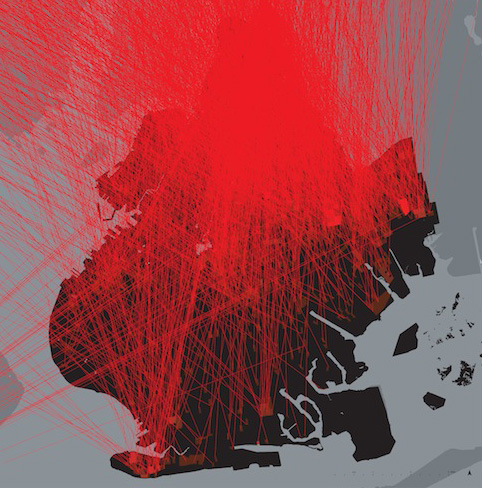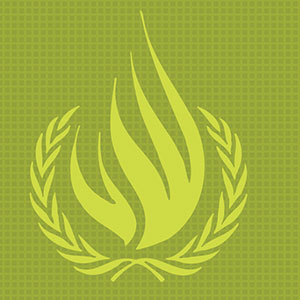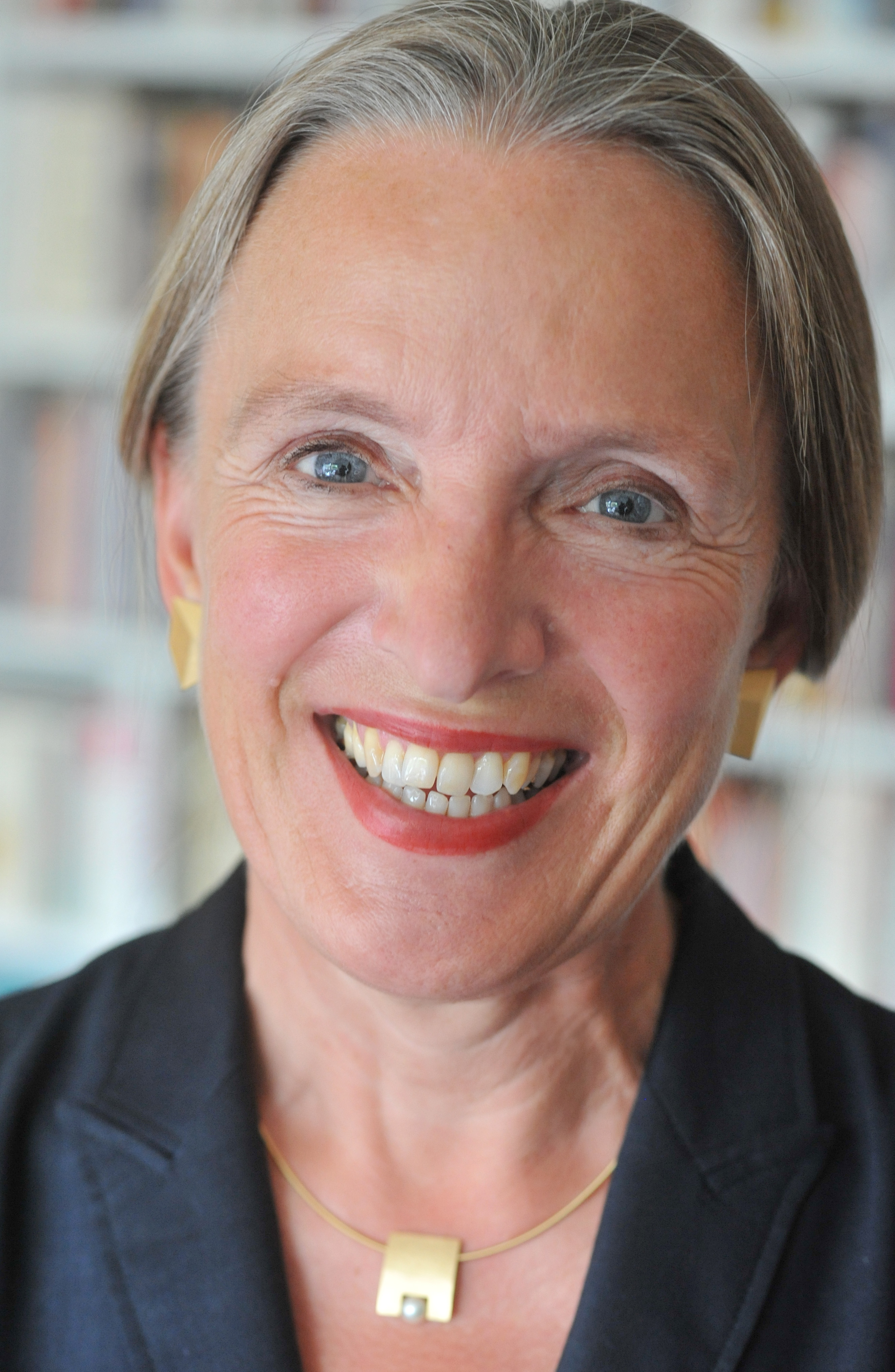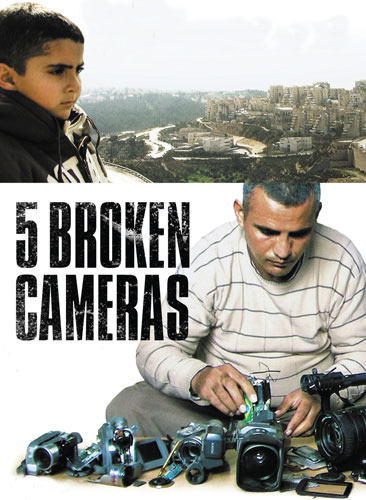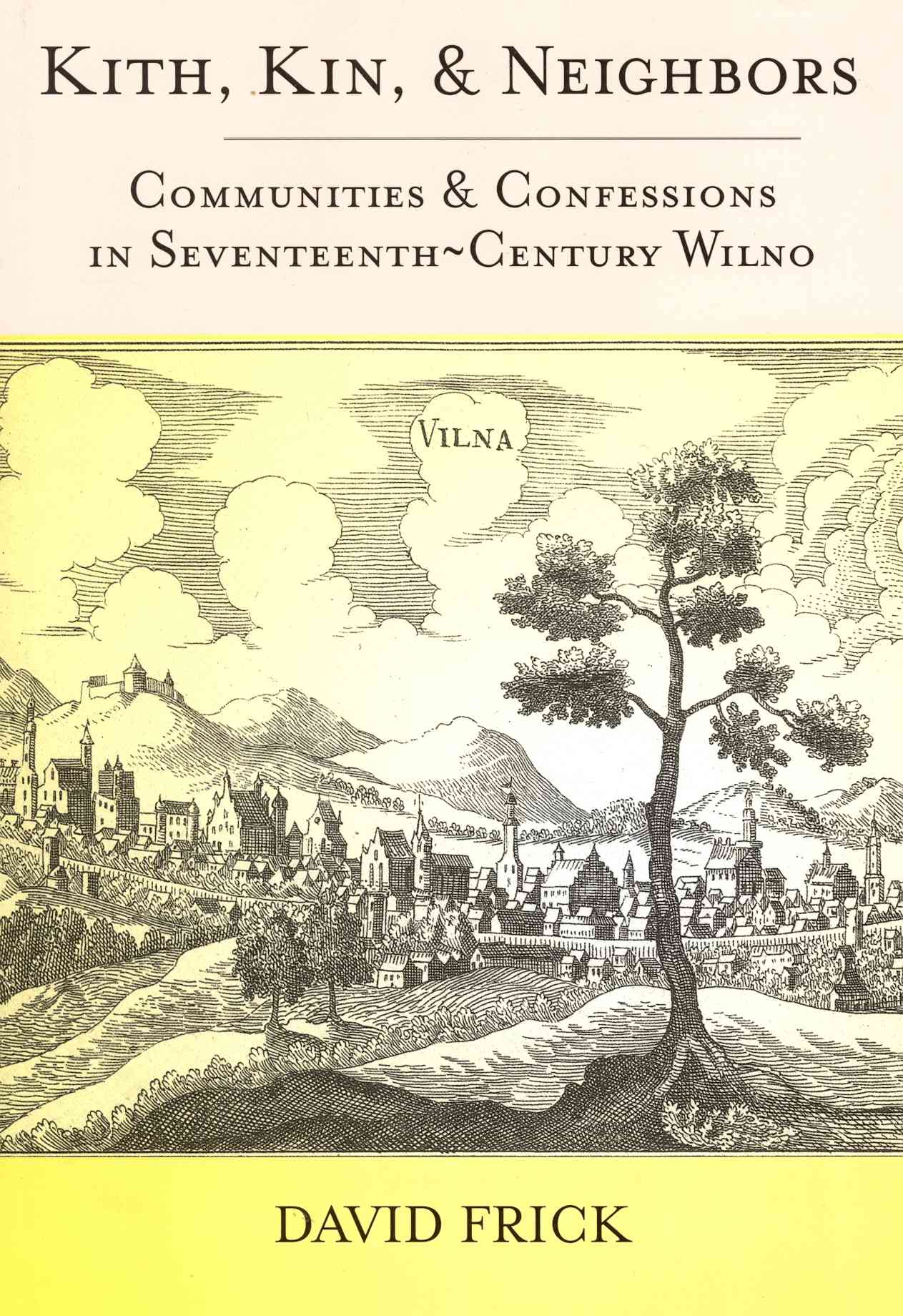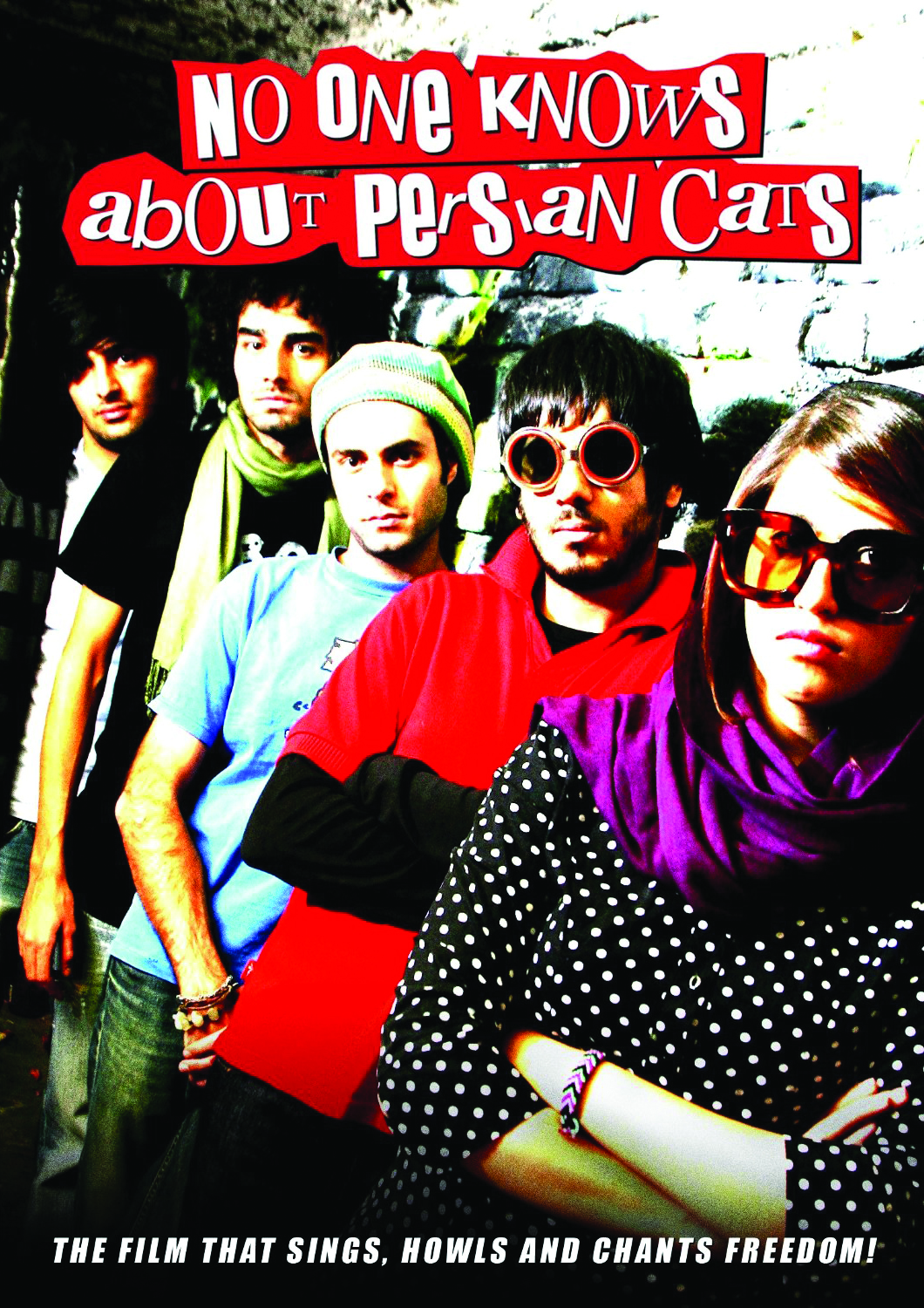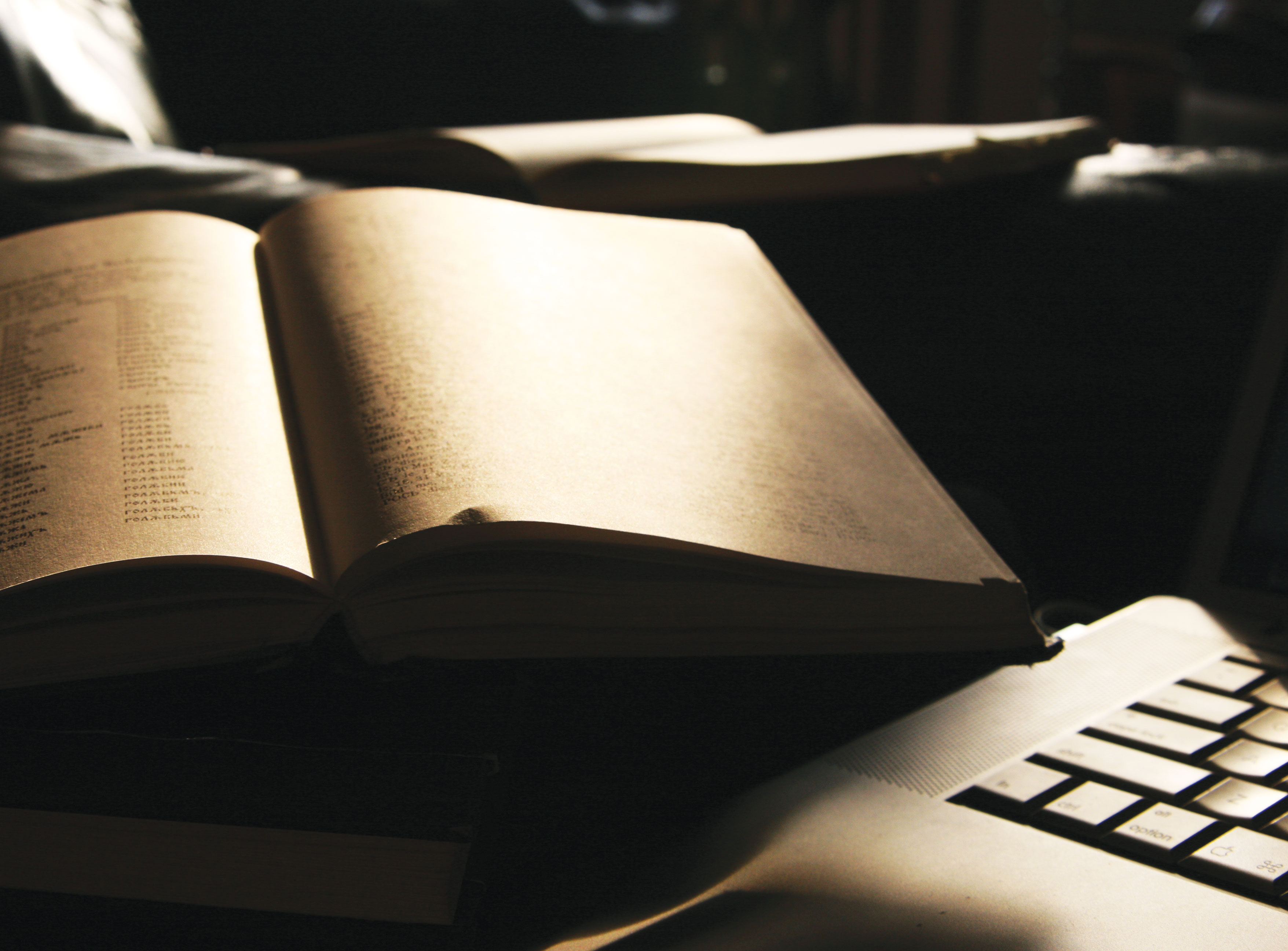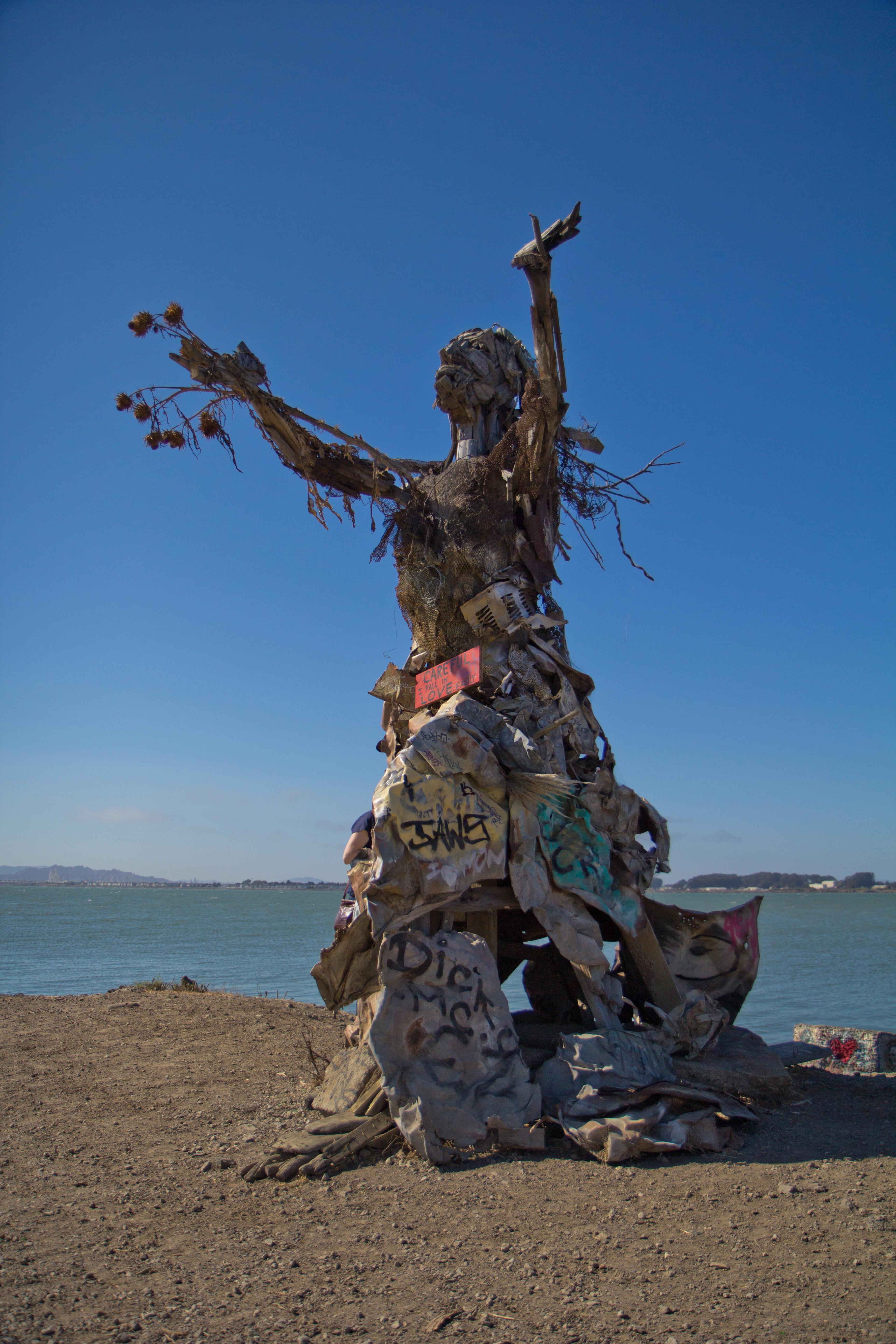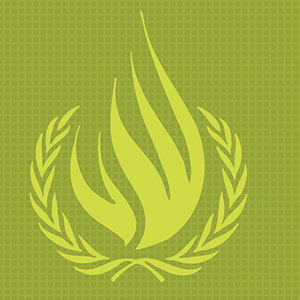The first installment of HBO’s four-part Alzheimer’s Project, this film offers a personal portrait of the complex disease scientists are still struggling to understand and treat, and insight into what makes each of us an individual.
At this interdisciplinary symposium, mapmakers and scholars from the fields of science, urban planning, literature, and new media will examine the ways maps work.
Eyal Weizman (Goldsmiths, University of London) will discuss the place of architecture in human rights and humanitarian law.
The Moral Economy of Trust: Modern Trajectories
German historian and director of the Center for the History of Emotions at the Max Planck Institute for Human Development, Ute Frevert specializes in the social and cultural history of modern times, gender history, and political history.
Palestinian villager Emad Burnat gets his first video camera to record the development of his newborn son, but soon finds his lens documenting the community’s struggle with police aggression.
Kith, Kin, & Neighbors: Communities and Confessions in Seventeenth-Century Wilno
Professor of Slavic Language and Literatures David Frick’s recent book details how Poles, Lithuanians, Germans, Ruthenians, Jews, and Tatars navigated and negotiated cultural and religious differences in mid-seventeenth century Wilno.
A fictionalized documentary about the underground music scene in Iran, featuring music video-style performances by real artists struggling to be heard in a country where their music is banned.
The second in a two-part workshop on developing a web presence for your digital scholarly project using Drupal. This session will cover ways of displaying your project data.
Reimagining the Urban
A symposium discussing art, nature, economic development and equity in the Bay Area.
Sam Gregory (WITNESS) will discuss the role of video advocacy in advancing human rights.
